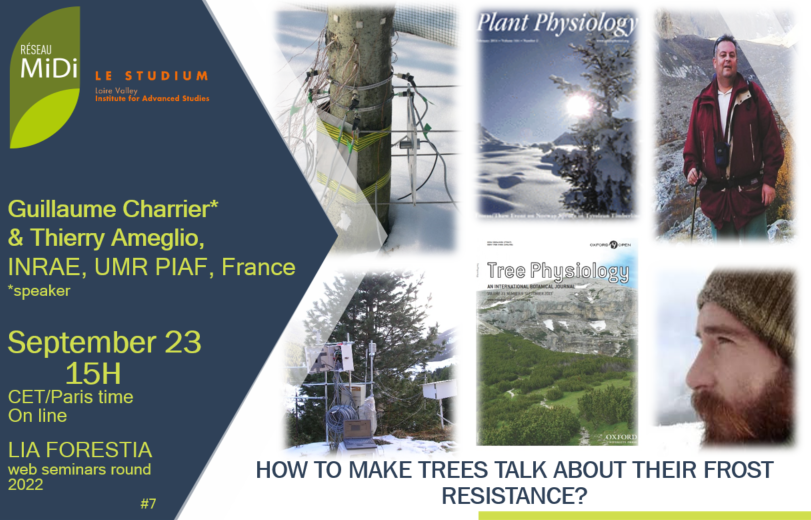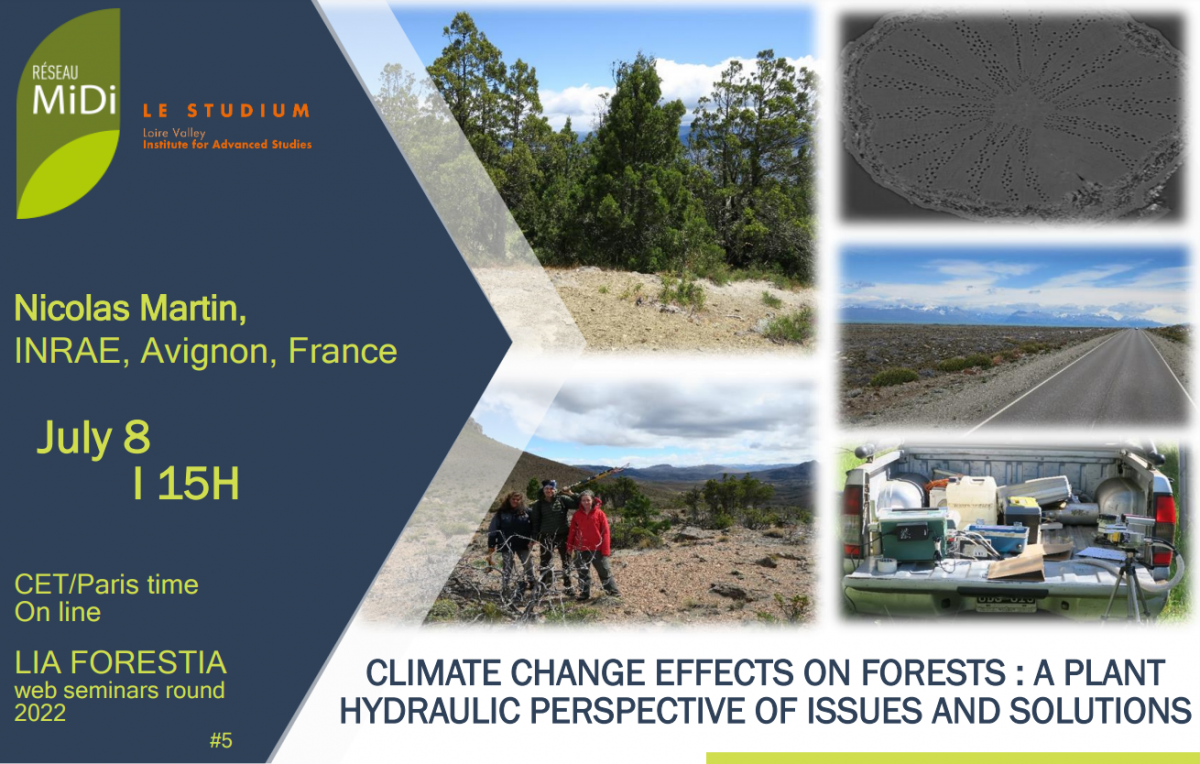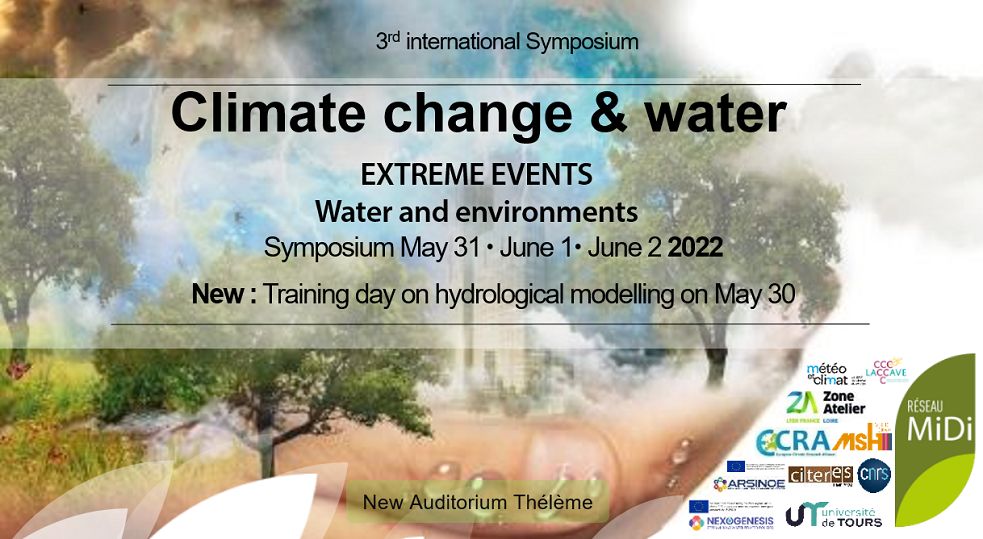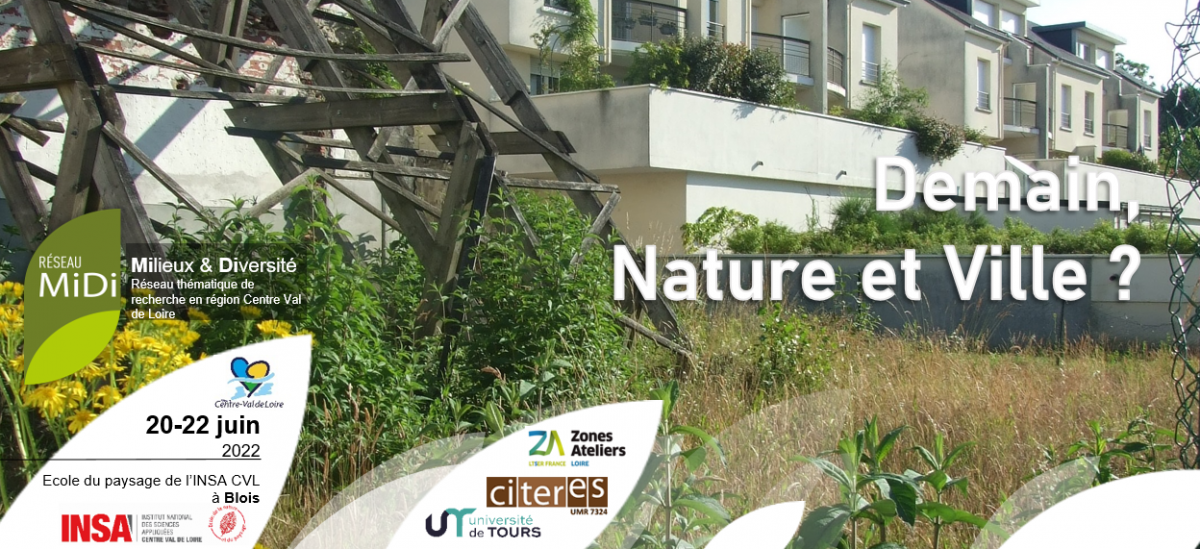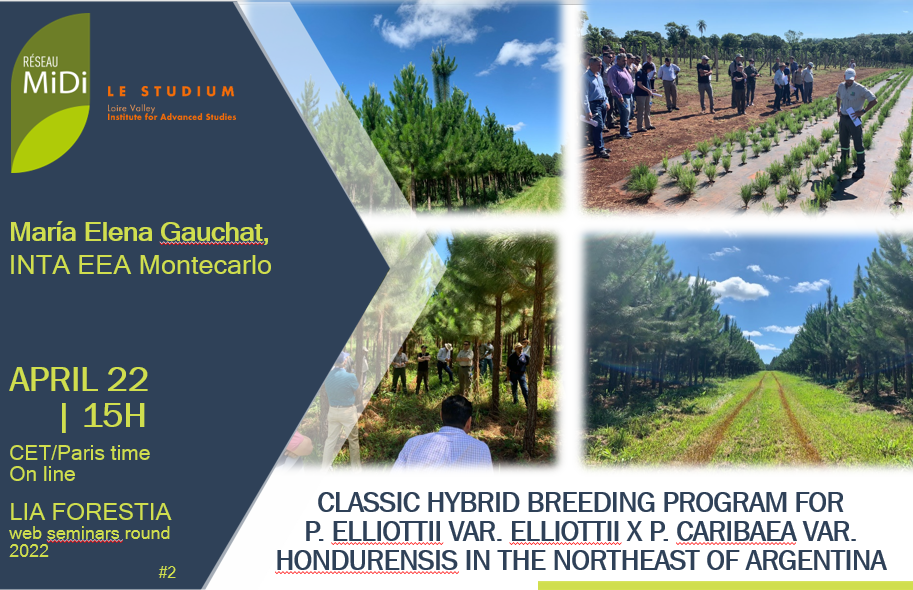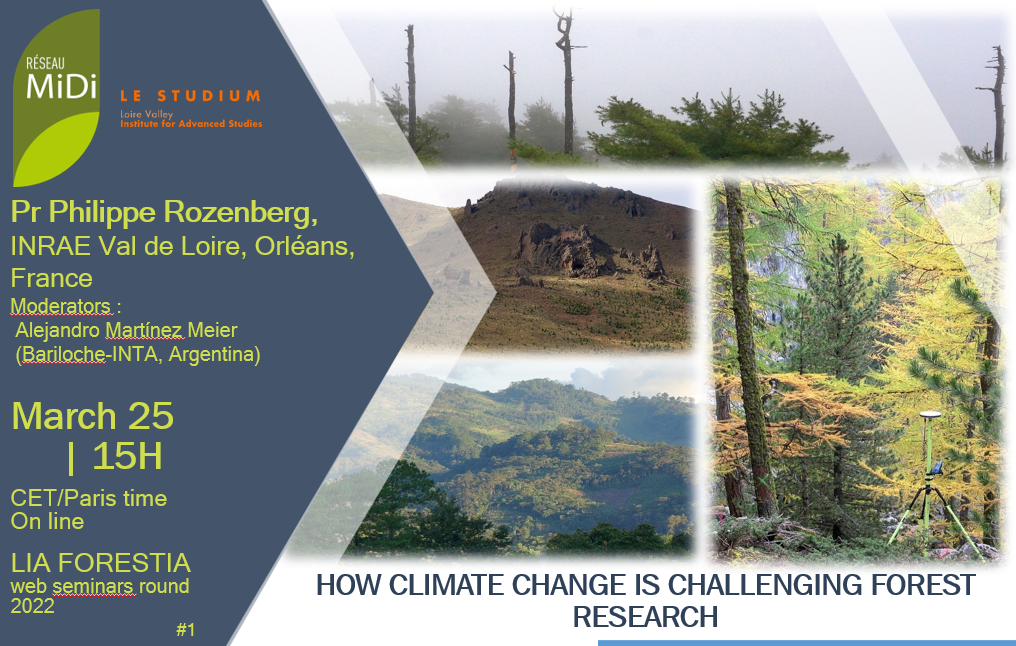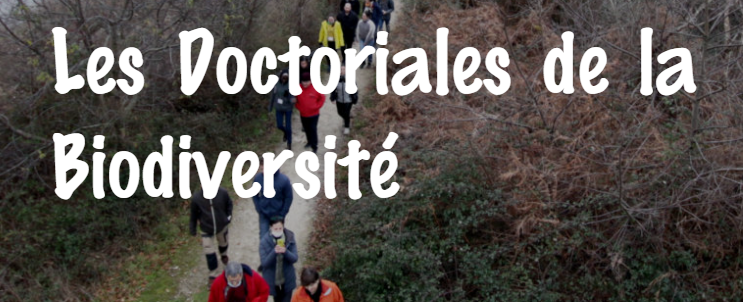Round of FORESTIA web seminars
SEMINAR # 7
« How to make trees talk about their frost resistance?«
Guillaume Charrier (Speaker) & Thierry Ameglio,
INRAE, UMR PIAF, France
August 26 at 15h (CET/Paris time)
The International Associated Laboratory FORESTIA starts in 2022 a new round of short seminars aimed at stimulating the scientific comunication among its members, as well as between them and other international laboratories.
These seminars are a new opportunity for the FORESTIA scientists to present and discuss their objectives, research work and results on adaptation of forest ecosystems to global changes.
Seminar #7 by Guillaume Charrier (speakers) & Thierry Ameglio, INRAE, UMR PIEAF, France
Abstract
Frost stress is one of the most important limiting factors in the ecological distribution and production of tree species, especially at high elevation and latitude. Assessment of frost risk is therefore critical for forestry, fruit production, and horticulture. Frost risk is substantial when the hazard (i.e. exposure to damaging freezing temperatures) exceeds the vulnerability (i.e. frost sensitivity). Frost affects both living cells and dead xylem elements and alters their hydraulic function by inducing embolism. The authors developed methods (LT50, ultrasonic acoustic emission and high resolution dendrometer measurements) to better the effect of frost in different tree species and growth forms and its relevance to plant life at high elevation but also to improve knowledge on frost tolerance and plant resilience in general.
> Video recording soon available LIA FORESTIA WEBINAR #7
>> Next seminar on November 18th by Leopoldo Sanchez, INRAE
MiDi is a interdisciplinary Research Thematic Network, focused on biodiversity and habitats and funded by the Centre-Val de Loire Region. The network aims to promote studies in multiple fields of BioGeoSciences and Human and Social Sciences in relation to global changes.
This conference is organised in partnership with the Le Studium (Institute for Advanced Studies).


